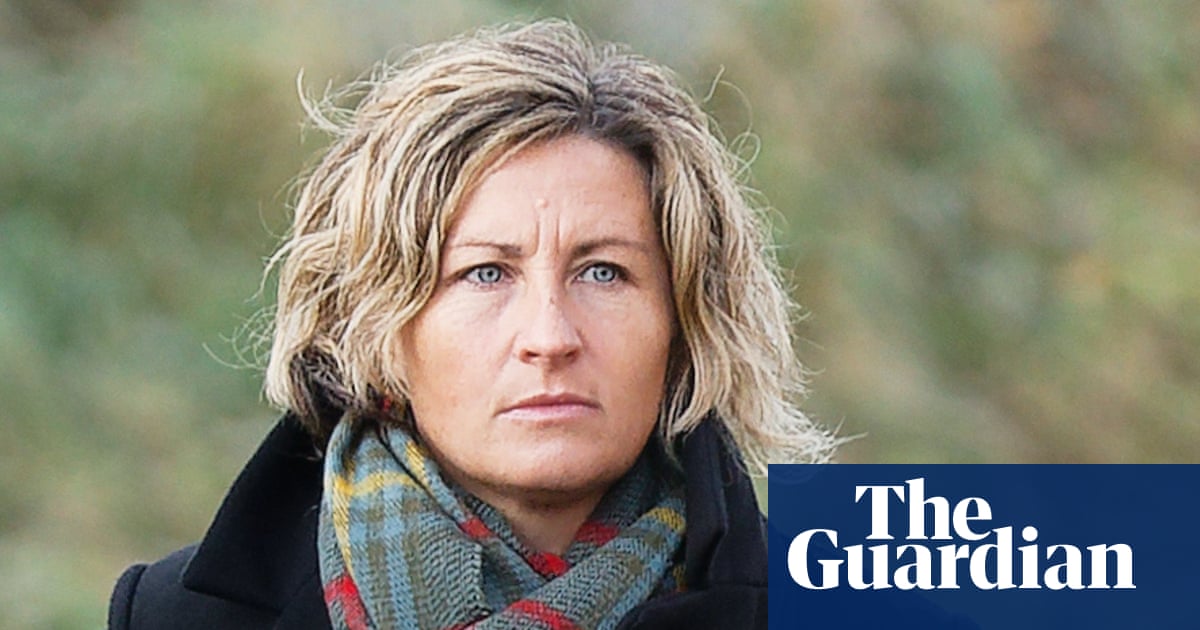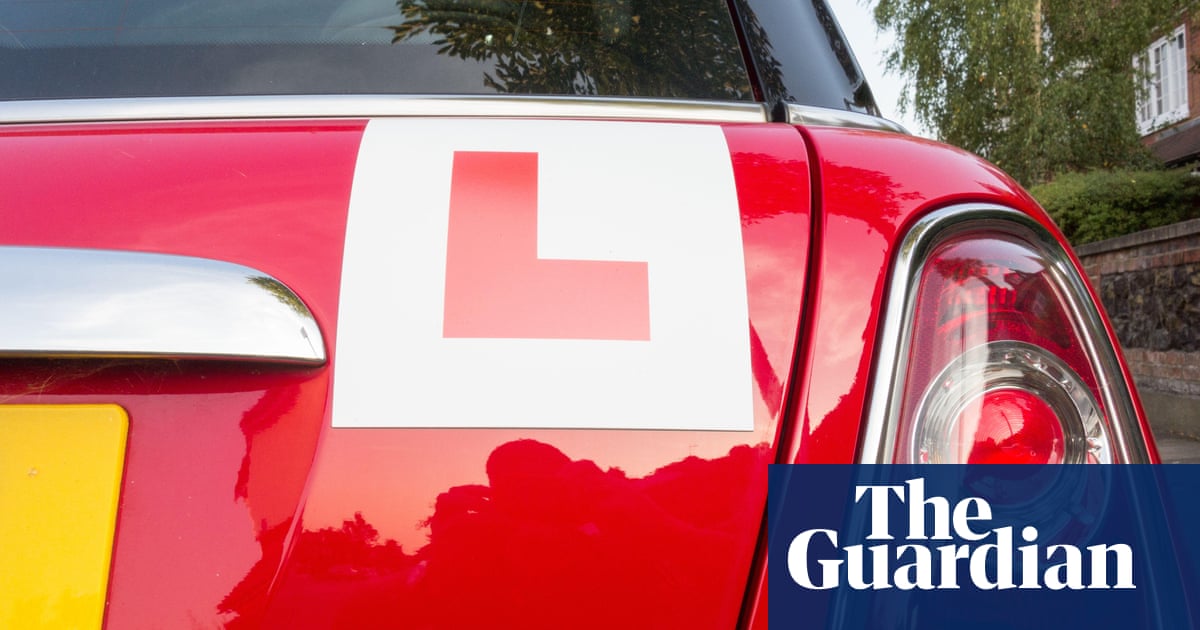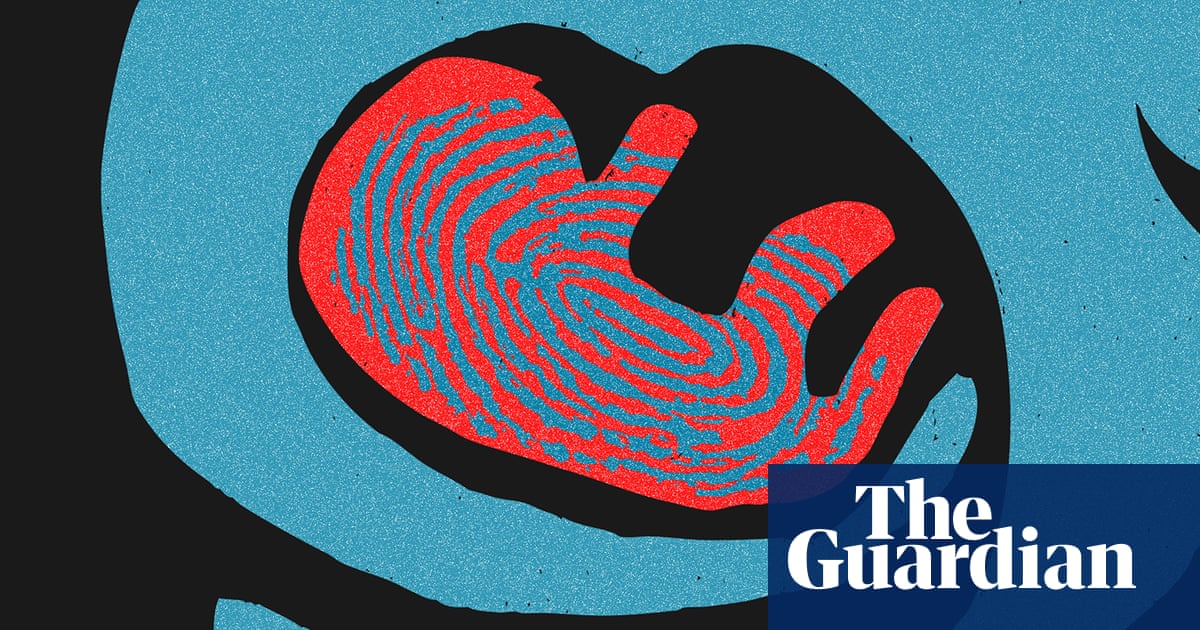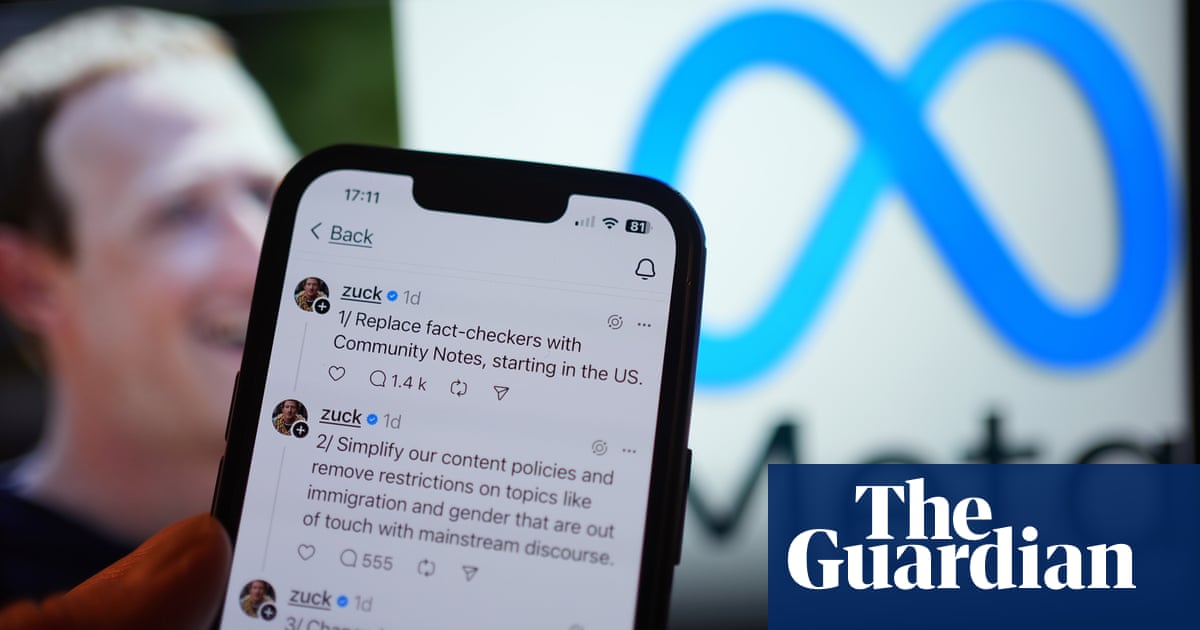The NHS has set up a stop-vaping clinic for teenagers in an attempt to curb the rise in e-cigarette use among young people.
Alder Hey children’s hospital in Liverpool saw the first teenage patients at its new vaping cessation service in January.
The locally commissioned clinic – set up to help nicotine-dependent 11- to 15-year-olds to stop vaping – is thought to be the first NHS service of its kind in England.
Vaping among young people has risen dramatically in recent years, though data suggests the trend may be levelling off. Figures released last year found 18% of 11- to 18-year-olds had vaped – down from 20% in 2023 but higher than the 13% recorded in 2019. Some 7.2% of children said they currently vaped last year.
Alder Hey’s clinic will be focusing on 11- to 15-year-olds – a group that vapes less than older teenagers but whose numbers have continued to rise in the last year, according to a survey by Action on Smoking and Health (Ash).
Prof Rachel Isba, consultant in paediatric public health medicine at Alder Hey, said: “With the alarming rise in the number of children and young people turning to vaping and the significant uncertainty regarding the long-term impacts and potential harms of this trend, our clinic aims to provide crucial support for individuals affected by vaping, helping them become nicotine-free.”
The clinic – which does not expect to see its first results for several months – will help to fill in some of the knowledge gaps about nicotine dependence in young people. Board minutes show staff are working with schools to gather data that will help drive the service, including the numbers of nicotine-dependent children.
after newsletter promotion
Treatments would be tailored to the individual and could include nicotine substitution or therapy-based approaches to help decrease the amount the teenagers vape, as well as support around peer pressure and behaviour, the Alder Hey NHS trust said.
The lack of current data on how vaping affects young people means treatment may take several forms, with questions raised in consultations about the level of nicotine dependence and the idea that there may be cases of young people who are addicted to the process of vaping but not to nicotine.
Illegal vapes add additional challenges. The trust was presented with evidence that one in six confiscated vapes at schools were spiked with the addictive synthetic cannabinoid spice, which could make treatment more complicated in those cases.
The NHS still considers vapes to be a useful tool for helping adults to quit smoking. A 2024 review of scientific evidence found that nicotine e-cigarettes help more people to stop smoking than nicotine replacement therapy such as patches or gum.
Hazel Cheeseman, the chief executive of Ash, said: “There is limited evidence about what works to support people to quit vaping, particularly young people, so this novel service will provide important information.
“Children who vape are also very likely to have a history of smoking and need to be protected for relapsing to smoking alongside support to quit vaping. We look forward to seeing how this programme progresses.”

.png) 2 months ago
32
2 months ago
32













































